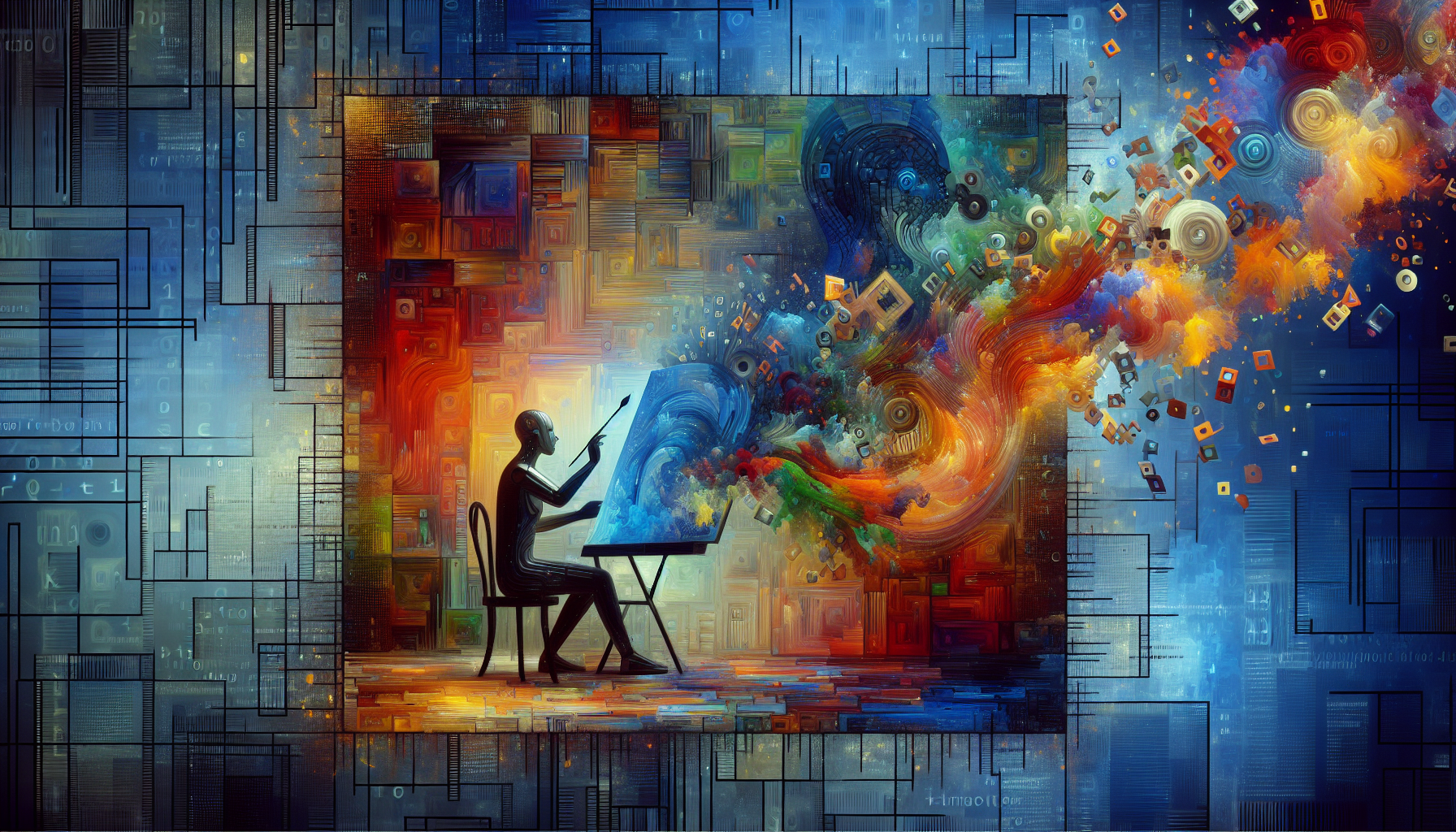The Evolution of A.I. in Content Generation
Artificial Intelligence (A.I.) has revolutionized content generation by enabling machines to produce human-like text, images, and videos. Early A.I. tools focused on basic tasks like grammar checking, but modern systems utilize deep learning algorithms to create complex and engaging content. This evolution has sparked debates about the implications of machines generating creative works traditionally associated with human intelligence.
Current Trends in A.I.-Generated Content
Currently, A.I.-generated content is widespread across industries like marketing, journalism, and entertainment. Companies use A.I. to personalize marketing campaigns, automate news articles, and even compose music and art. While some fear job displacement, many experts believe that A.I. will enhance human creativity by handling repetitive tasks, allowing professionals to focus on higher-level strategic activities.
Practical Applications of A.I. in Content Creation
A.I. tools like natural language processing (NLP) and generative adversarial networks (GANs) are being used to streamline content creation processes. Writers can harness these technologies to generate ideas, improve writing efficiency, and even collaborate with virtual co-authors. Additionally, A.I. assists in content curation by analyzing vast amounts of data to deliver personalized and relevant information to users.
Case Studies: A.I.’s Impact on Content Production
Numerous case studies highlight the benefits of integrating A.I. into content production workflows. For instance, The Washington Post leverages A.I. to create real-time updates and personalized news experiences for readers. Similarly, Netflix utilizes machine learning algorithms to recommend personalized content to viewers based on their preferences, leading to increased user engagement and retention.
Challenges in A.I.-Driven Content Generation
Despite its advancements, A.I.-driven content generation faces challenges such as ethical concerns surrounding misinformation and bias in automated content creation. Additionally, ensuring the quality and originality of A.I.-generated content remains a critical issue for creators and consumers alike. Balancing automation with human oversight is essential to maintain trust and authenticity in the content creation process.
The Future Outlook for A.I. in Content Generation
Looking ahead, the future of A.I. in content generation holds immense potential for innovation and disruption. As technology continues to advance, we can expect more sophisticated A.I. systems capable of producing highly creative and engaging content across various mediums. Embracing this evolution while addressing ethical considerations will be crucial in shaping the next chapter of content creation.
Notes
- According to Gartner, 85% of customer interactions will be managed without humans by 2021.
- IBM reports that 90% of the world’s data has been created in the last two years.
- Estimates suggest that over 2 million blog posts are written every day.
- AI-generated content is projected to reach a market value of $1.2 billion by 2025.
- Studies show that 72% of marketers believe that content creation is the most effective SEO tactic.

